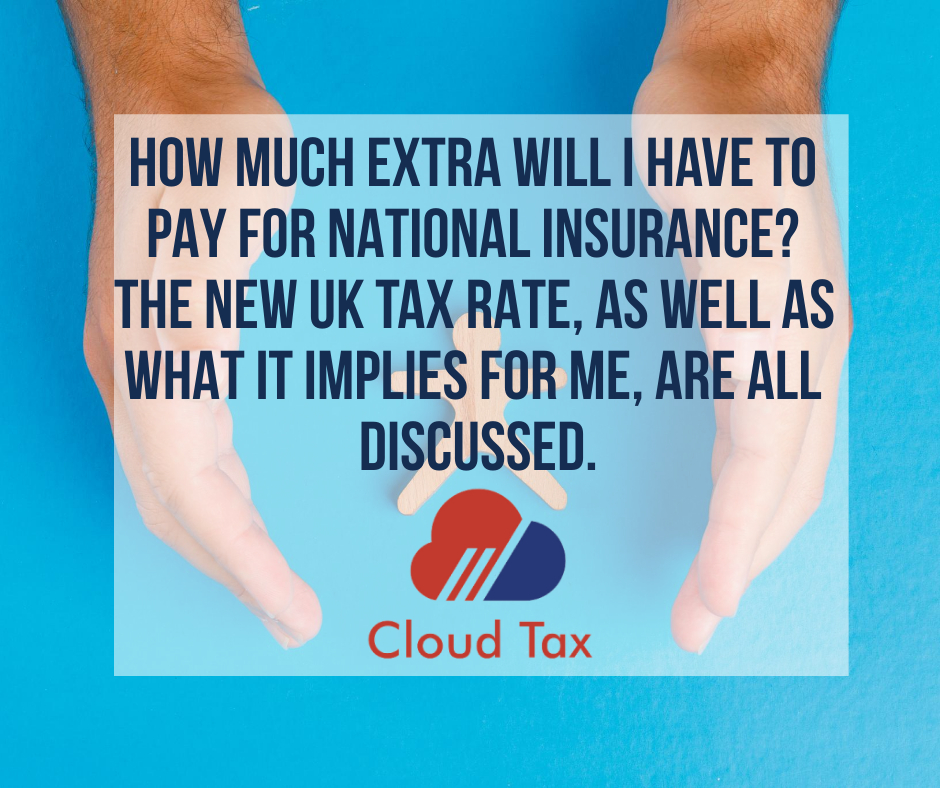How much extra will I have to pay for National Insurance? The new UK tax rate, as well as what it implies for me, are all discussed.
The government claims that the increase in National Insurance will help with health and social care, but it has sparked fierce debate as people grapple with the cost-of-living crisis.
As part of a bigger strategy to generate billions for the NHS and social care, millions of employees will pay higher National Insurance payments starting on April 6th.
The increase, which was initially planned for Autumn 2021, would raise NI contributions from 12 percent to 13.25 percent, despite demands to delay it as the cost-of-living rises.
What is National Insurance?
National Insurance is a payroll tax paid by both companies and employees that permits workers to receive certain benefits and the state pension.
Employees earning more than £184 per week, or those who are self-employed and make a profit of £6,515 or more yearly, must pay National Insurance starting at the age of 16.
National Insurance is no longer paid once you’ve reached the age of eligibility for the state pension.
You will pay Class 1 National Insurance contributions if you are employed or self-employed but work for an employer.
Depending on your profits, you pay Class 2 and Class 4 NICs if you’re self-employed.
Over certain levels, the amount of National Insurance you pay is based on your gross wages before tax or pension deductions.
Who will be impacted by the price increase?
National Insurance was formerly collected on wages of more than £9,568 per year.
From April 6, 2022, anyone earning more than £9,880 per year will be subject to the new 13.25 percent rate.
Someone earning nearly £20,000 working full time on minimum wage will pay £1,341, an increase of £89 per year over the previous £1,252.
Anyone earning more than £50,270 will pay 3.25 percent in National Insurance, an increase of 1.25 percentage points over the previous rate of 2 percent.
From April 6, NIC for people earning £20,000 will be £112 per month. The following table displays National Insurance Contributions for people with incomes starting from £30,000.
| Salary/Income | NIC per month |
|---|---|
| £30,000 | £222 |
| £40,000 | £333 |
| £50,000 | £443 |
| £60,000 | £472 |
| £70,000 | £499 |
| £80,000 | £526 |
| £90,000 | £554 |
| £100,000 | £581 |
What was said about National Insurance in the Spring Statement?
Chancellor Rishi Sunak indicated in his Spring Statement that the National Insurance threshold will climb by over £3,000 from July 6, 2022.
This means that starting in July, everyone earning less than £12,570 will be exempt from paying National Insurance.
When the rate hike and threshold increase are combined, the National Insurance cost for those earning less than £35,000 will be lower in the 2022/23 tax year than in the previous year, according to the Institute for Fiscal Studies (IFS).
The IFS estimates that anyone earning more than £35,000 will pay extra.
The following changes to NIC will take effect on July 6th, depending on your salary:
| Salary/Income | NIC per month |
|---|---|
| £20,000 | £82 |
| £30,000 | £192 |
| £40,000 | £303 |
| £50,000 | £413 |
| £60,000 | £443 |
| £70,000 | £470 |
| £80,000 | £497 |
| £90,000 | £524 |
| £100,000 | £551 |
Get in contact with us immediately for additional information.


Hello there! I just wish to offer you a huge thumbs up for your great info you have got here on this post. I will be returning to your website for more soon.